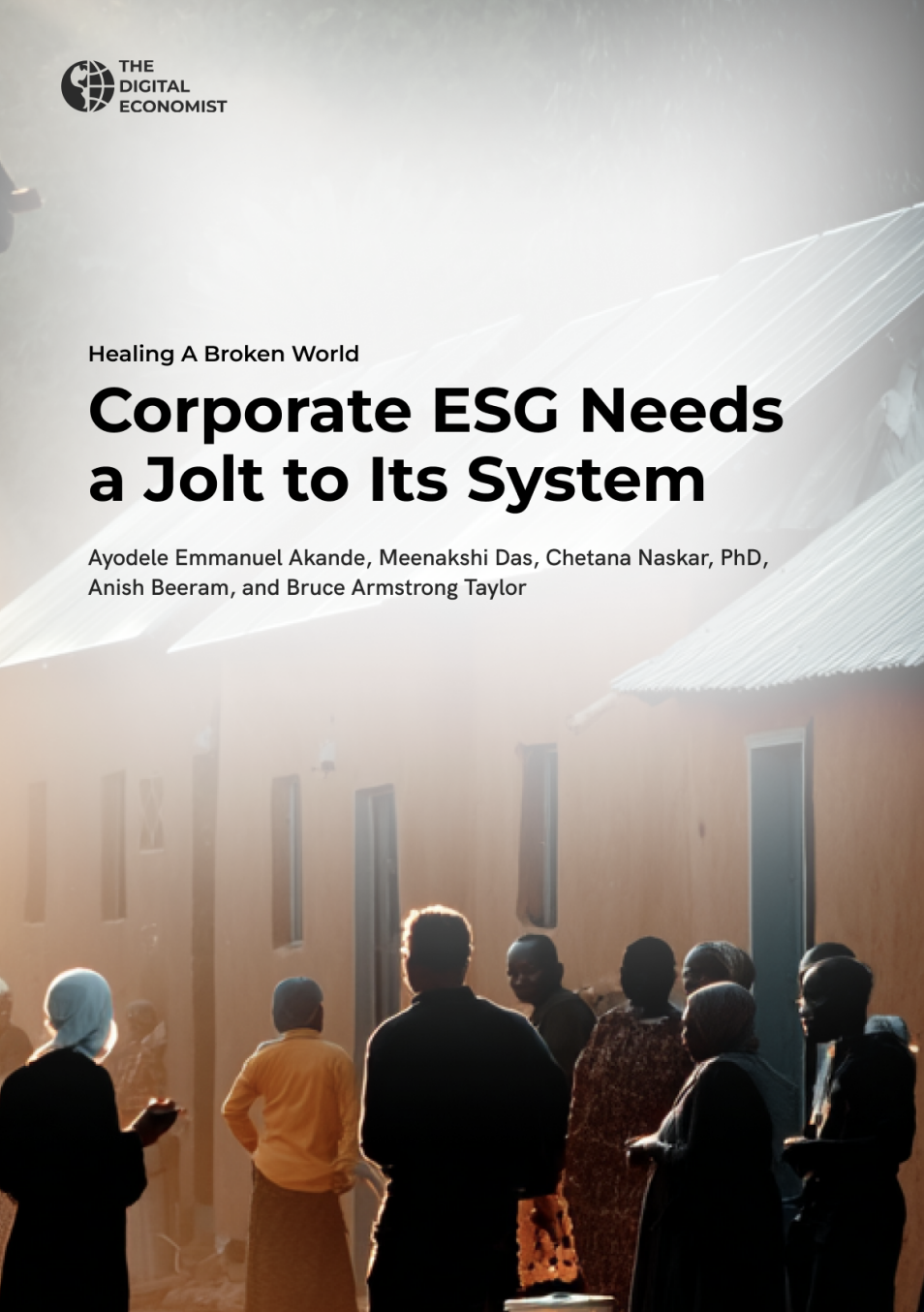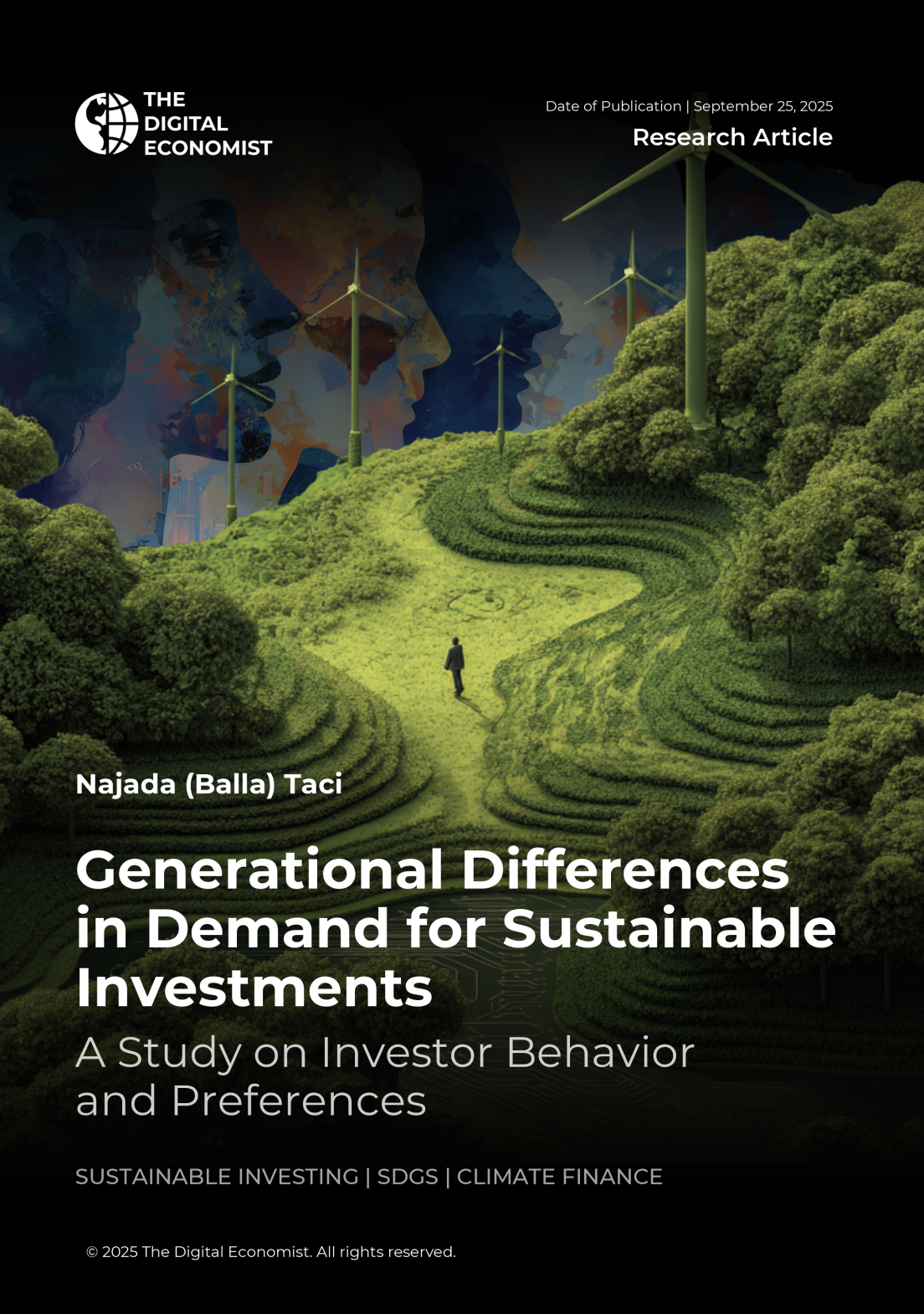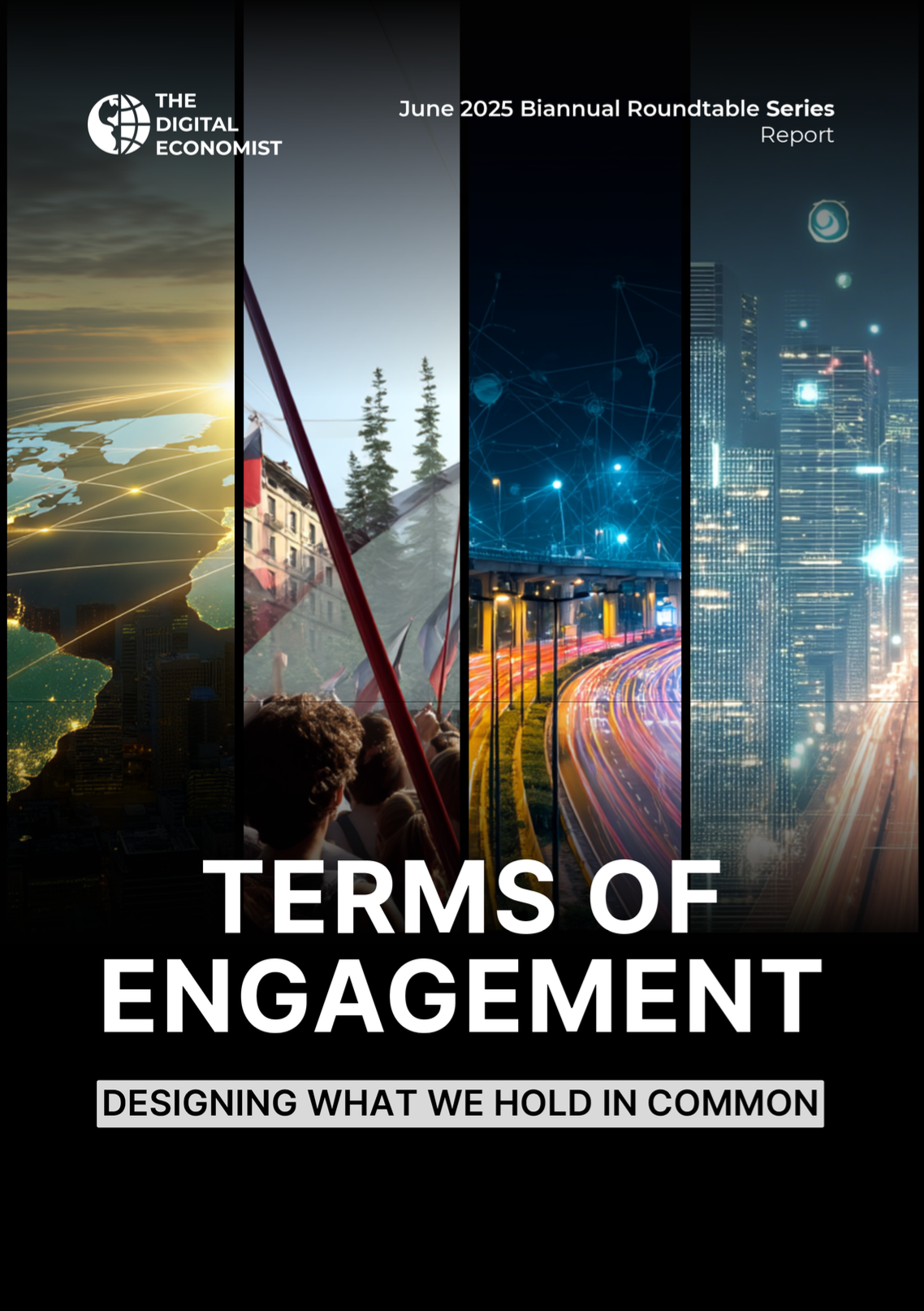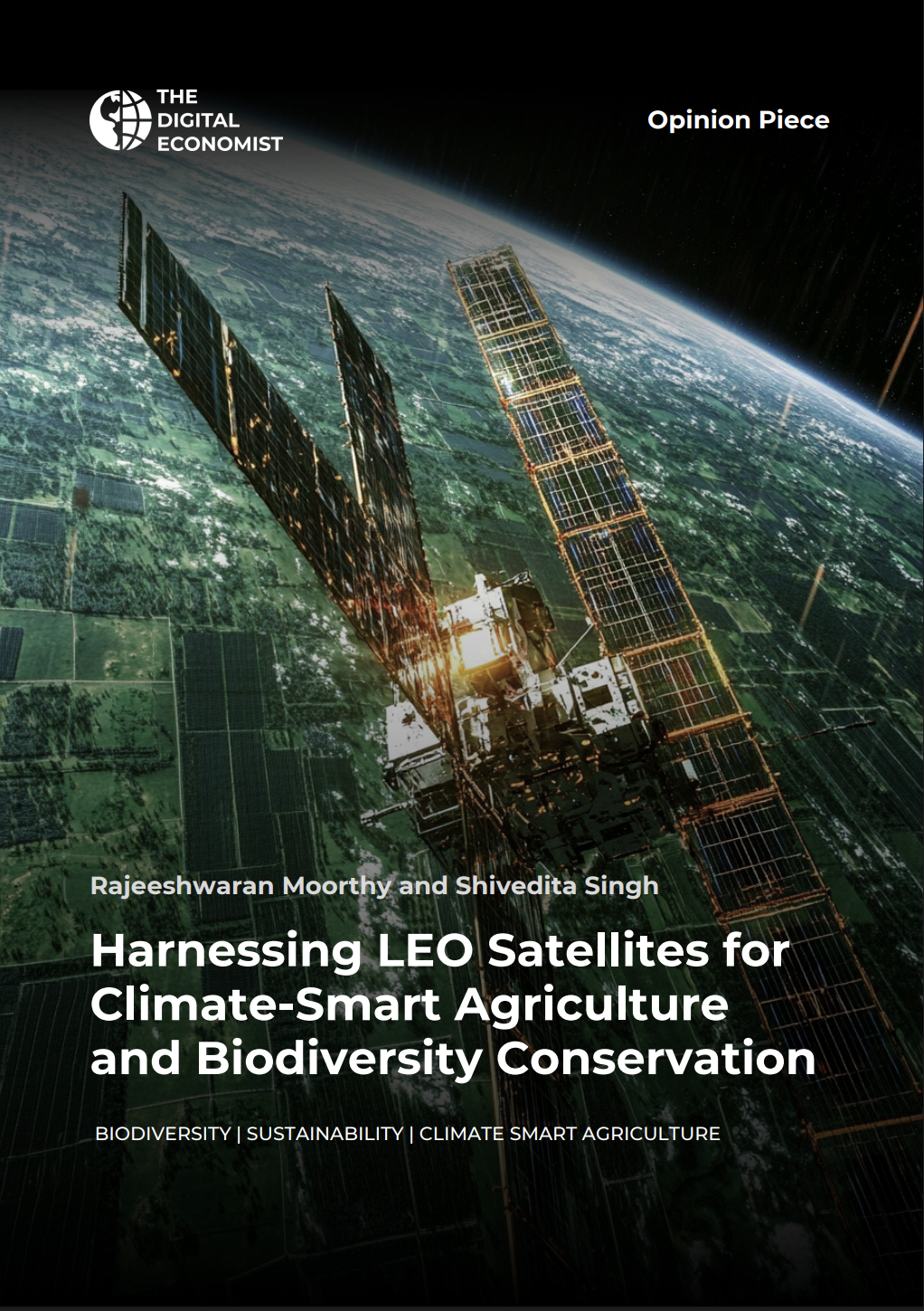
This chapter explores the historical significance of the Kouroukan Fouga, the ancient constitution of the Mali Empire, and its relevance in addressing contemporary global challenges such as climate change, social equity, and economic justice. The authors argue that the Kouroukan Fouga exemplifies principles of inclusivity and communal responsibility, which can inform a new social contract for the digital age. They emphasize the need for a framework that integrates human rights, gender equity, and environmental stewardship into modern governance. By drawing lessons from this ancient wisdom, the chapter advocates for a transformative approach to sustainability that prioritizes collaboration among diverse communities and fosters a human-centered economy. The authors propose that the Kouroukan Fouga's teachings can guide current leaders and policymakers in creating equitable and just systems that address the pressing issues of our time.






